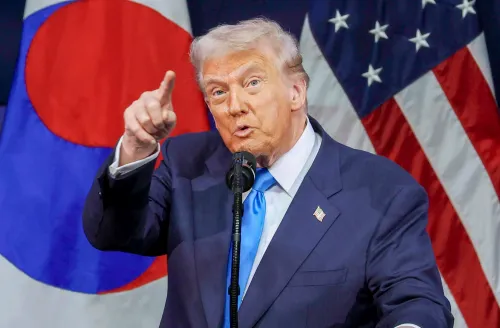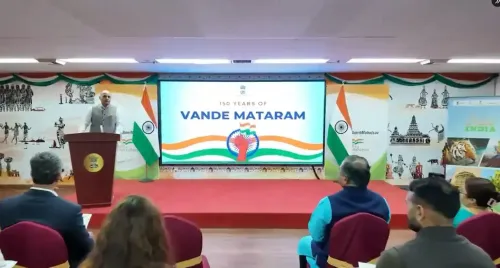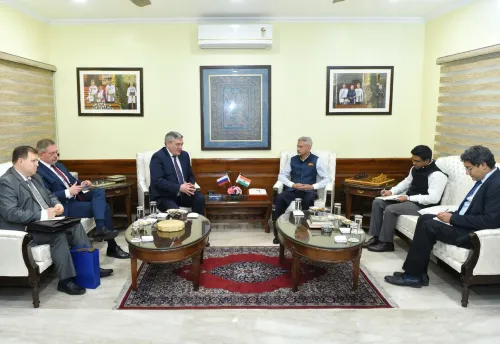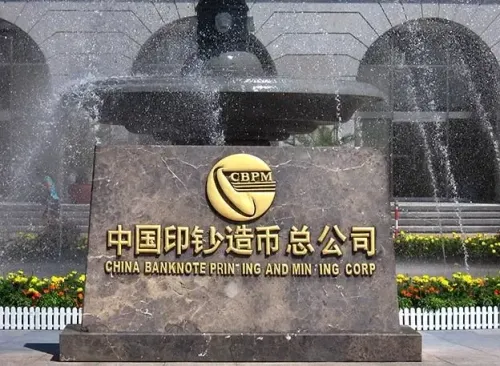Is India Leading in FDI Stocks in Nepal?

Synopsis
Key Takeaways
- India leads in FDI stocks in Nepal, holding 32.3% of the total.
- Total FDI stock in Nepal reached Rs 333 billion in 2023-24.
- Investment from China has not yet materialized as expected.
- Historical ties have established a strong Indian presence in Nepal's economy.
- Realization of FDI commitments varies based on multiple factors.
Kathmandu, Sep 9 (NationPress) While China asserts it has surpassed others in Foreign Direct Investment (FDI) commitments to Nepal, it is actually India that holds the lead in the existing FDI stock within the country.
Recent findings from a study by the Nepal Rastra Bank (NRB), the nation’s central financial institution, indicate that the FDI stock from India is at the forefront. FDI stock represents the total accumulated value of Foreign Direct Investments over a period.
The Survey Report on Foreign Direct Investment in Nepal (2023-24) revealed that the total FDI stock reached Rs 333 billion in the fiscal year 2023-24, with paid-up capital comprising 50.7 percent, reserves 36.7 percent, and loans 12.6 percent.
In terms of FDI stock distribution, India leads with 32.3 percent, followed by China at 10.2 percent, Singapore at 8.3 percent, Ireland at 6.9 percent, and South Korea at 6.1 percent.
This dominance of India comes despite substantial FDI commitments from Chinese investors, who have traditionally led the charts for the last decade, as per the Department of Industry where FDI-registered industries are documented. Until mid-June of the fiscal year 2024-25, Chinese investment commitments to Nepal stood at 44.77 percent, compared to India's 19.55 percent, the department noted.
According to Prakash Kumar Shrestha, a former Executive Director of NRB, the ongoing dominance of India’s FDI stocks signifies that the vast FDI pledges from China have not been realized to their fullest potential. He noted that Indian FDI stocks have been established since the early 1990s, with recent substantial investments in projects like the 900 MW Arun 3 Hydropower Project in eastern Nepal.
SJVN Limited, an Indian state-owned enterprise, is currently developing one of the largest hydropower projects in Nepal, which is approaching completion.
This Indian company has also been awarded two additional hydropower projects—the 669MW Lower Arun Hydropower Project and the 490MW Arun-4 Hydropower Project, with the latter being developed in collaboration with the Nepal Electricity Authority.
Rajesh Kumar Agrawal, former President of the Confederation of Nepalese Industries (CNI), stated that India's FDI stock remains robust due to substantial investments made in the 1990s, with companies like Unilever Nepal, Dabur Nepal, and Arati Strips Pvt. Ltd. launching operations in Nepal with Indian backing.
Despite the recent surge in Chinese investment commitments, Agrawal emphasized that realizing these commitments in Nepal will require time.
Experts highlight that not all FDI commitments materialize, as realization depends on various factors including the investment climate, market availability, investor mindset, and alternative market conditions.









